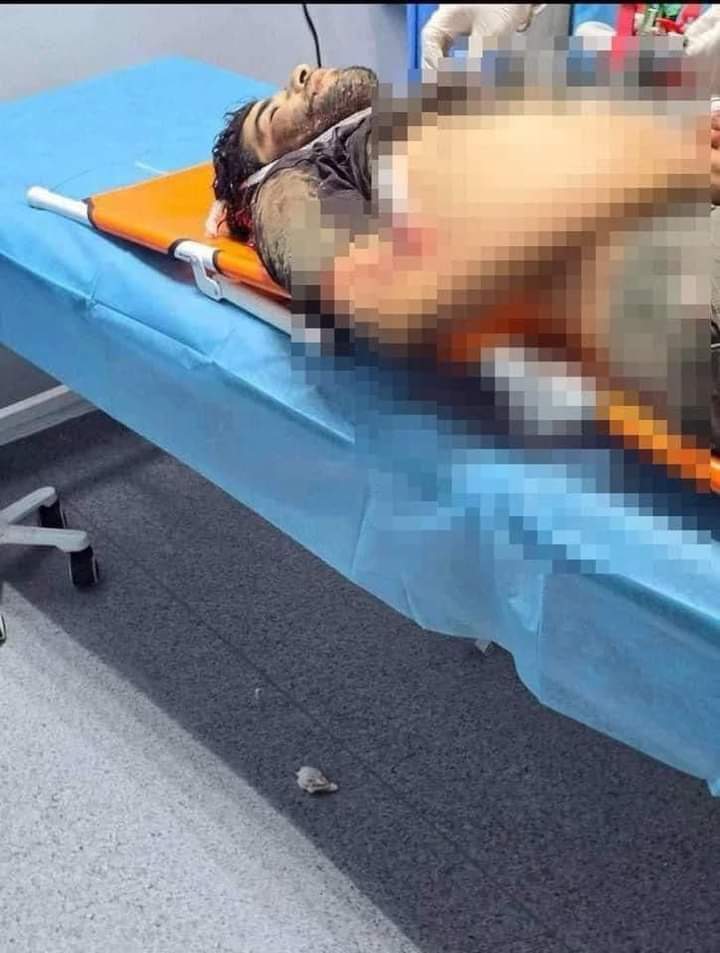Abdel-Rahman Milad, one of Libya’s most notorious human traffickers and a figure sanctioned by the United Nations Security Council, was killed on Sunday in the capital city of Tripoli, according to Libyan officials. The assassination has heightened tensions in the western part of the North African country, which continues to grapple with political instability and lawlessness.

Milad, who commanded a coast guard unit in the western town of Zawiya, was shot dead by unknown assailants under circumstances that remain unclear. No group has claimed responsibility for the killing. Libyan media reported that Milad was shot while in his vehicle in the Sayyad area of western Tripoli. Images circulating online showed his white Toyota Land Cruiser riddled with bullet holes.
Officials, speaking on condition of anonymity due to safety concerns, confirmed Milad’s death. The Tripoli-based government of Prime Minister Abdul Hamid Dbeibah has not yet commented on the incident.

Moammar Dhawi, a militia leader in western Libya, publicly mourned Milad’s death on Facebook, calling for an investigation to bring the perpetrators to justice.
Milad’s killing underscores the ongoing turmoil in Libya since the NATO-backed uprising that toppled longtime dictator Moammar Gadhafi in 2011. The country remains divided between two rival administrations, each supported by armed groups and foreign governments.
In June 2018, the UN Security Council imposed sanctions on Milad and five other leaders of criminal networks involved in human trafficking from Libya. At the time, Milad was described as the head of a coast guard unit “consistently linked with violence against migrants and other human smugglers” from rival gangs.

UN experts monitoring the sanctions claimed Milad and other coast guard members were “directly involved in the sinking of migrant boats using firearms.” Milad had denied these allegations, claiming that traffickers wore uniforms similar to those of his men.
Despite his notoriety, Milad’s legal troubles were complex. He was jailed for about six months between October 2020 and April 2021 on human trafficking and fuel smuggling charges, but managed to return to a position of influence after his release.

The assassination of such a high-profile figure highlights the ongoing challenges Libya faces in combating human trafficking and establishing rule of law. As a major conduit for migrants from Africa and the Middle East seeking to reach Europe, Libya’s political instability has allowed criminal networks to thrive.
AP



